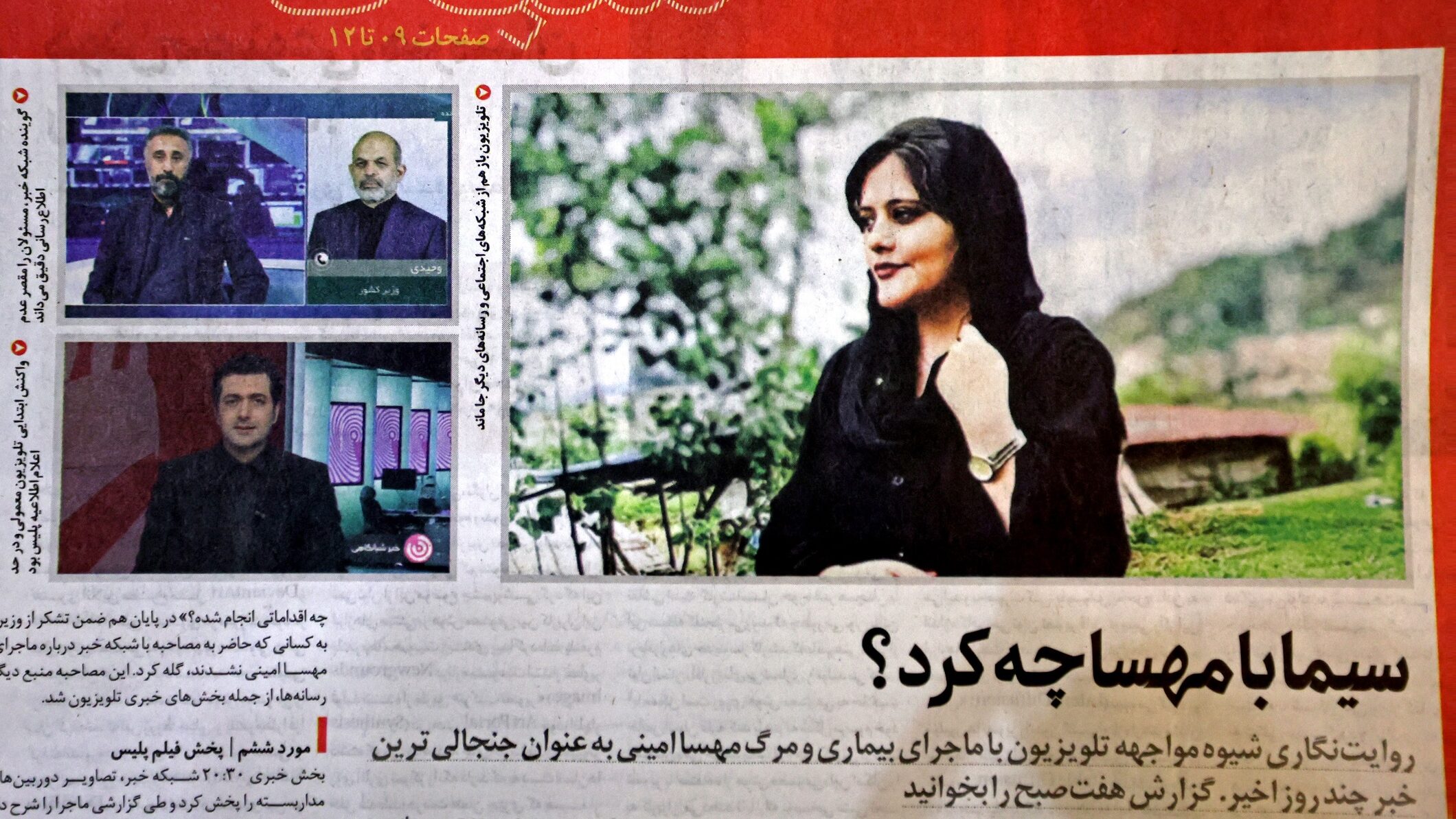Executions in Iran Up 30% to ‘Alarming’ Rate, UN Report Says
Iran is carrying out executions “at an alarming rate,” putting to death at least 419 people in the first seven months of this year, according to a report presented by United Nations Secretary-General Antonio Guterres to the UN General Assembly.
The number of executions from Jan. 1 to July 31 this year is a 30% increase from the same period in 2022, the report said.
According to the report, seven men were executed over participation in the nationwide protests sparked by the death in September 2022 of 22-year-old Mahsa Amini following her arrest by the morality police for breaching Iran’s Islamic dress code.
In all seven cases, information received by the UN human rights office “consistently indicated that the judicial proceedings did not fulfill the requirements for due process and a fair trial under international human rights law,” Guterres said.
“Access to adequate and timely legal representation was frequently denied, with reports of coerced confessions, which may have been obtained as a result of torture,” he said.
This holiday season, give to:
Truth and understanding
The Media Line's intrepid correspondents are in Israel, Gaza, Lebanon, Syria and Pakistan providing first-person reporting.
They all said they cover it.
We see it.
We report with just one agenda: the truth.


Guterres said that 239 people, more than half of those executed in the seven-month period, were reportedly executed for drug-related offenses, a 98% increase from the same period last year.
He said he was deeply concerned “at the lack of transparent and independent investigations into reported human rights violations, in particular in the context of the latest nationwide protests.”
Guterres also said that an estimated 20,000 individuals were arrested in the months after Amini’s death for participating in the protests, and their average age was said to be 15.
“It is particularly concerning that most of the individuals arrested may have been children,” he said.
The Iranian government said that at least 22,000 people arrested during the protests were pardoned. However, Guterres said it was difficult to verify the truth of this. He also said that a number of individuals who were pardoned were then re-arrested, including women’s rights activists, journalists, and members of minority groups.
Guterres also cited reported instances of excessive use of force against protesters and of beatings, sexual violence and psychological abuse of people in detention. He said that “the continued denial of adequate medical care in detention remains a serious concern.”
On other human rights issues, Guterres said Iranian authorities continue to use national security “to justify restrictions on the right to freedom of opinion and expression, online and offline.” He quoted a June 27 speech by Supreme Leader Ayatollah Ali Khamenei calling on the judiciary to “eliminate dissenting voices” online and tighten control over cyberspace.
Guterres called on Iran to halt all executions immediately, abolish the death penalty, and release all those detained “for legitimately exercising their rights to freedom of opinion and expression, association and peaceful assembly.”

